When words lose their meaning: how ‘Moscow Soon’ translated into Hindi
Untranslatable phrases, cultural barriers and unexpected discoveries — participants of the non/fictio No. 26 fair spoke about the difficulties of translating Anna Shipilova's collection
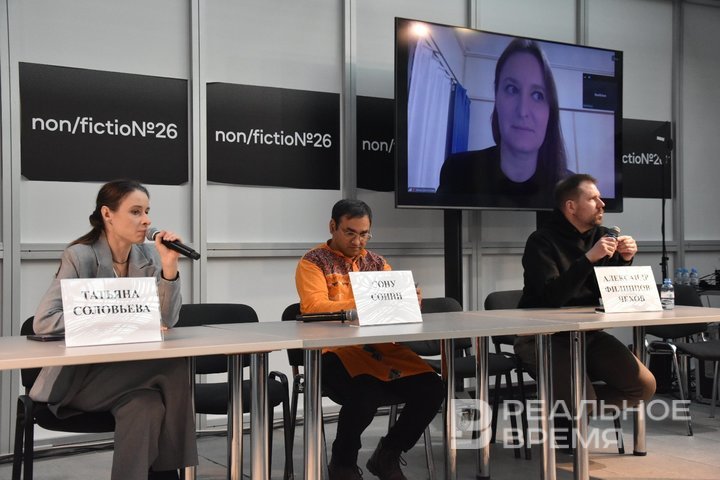
Translating modern prose from Russian into Hindi is not a task for the faint of heart. How do I find the exact equivalent if there simply aren't any such words? And how to convey a joke that only Russian speakers would understand? At the International Session, participants of the Young Translator's School from India shared stories that baffled them, but taught them to work with the language differently.
“It seems like this is a historic moment”
In December, the Peredelkino House of Creativity hosted a translation residency, which welcomed translators from India. They were inspired by the idea of popularising Russian literature and already in Delhi began work on the translation of Anna Shipilova's collection of short stories “Moscow Soon”. “Since the spring of this year, we have been discussing the launch of a series of residencies in order to make as many people abroad fall in love with Moscow and our literature," said Gulnara Agamova, the director general of the Agency for Creative Industries. According to her, the idea was born over a cup of tea in Peredelkino. It was then that the desire arose to create a project that could not only tell about Moscow, but also show all its beauty and depth through literature.
“We decided that we need projects that are unusual on the one hand and niche on the other. And most importantly, those that will allow for a new approach to the popularisation of Russian authors. That's how the idea of a translation residency was born," she added.
The first step was taken in the summer. Then translators from Arab countries gathered in Peredelkino, and in December they arrived from India. The countries are quite different from Russia in terms of cultural context. And that was the real challenge. After all, it's about translating not only from one language to another, but also about conveying cultural meanings and nuances of Russian speech that sometimes cannot be explained literally.
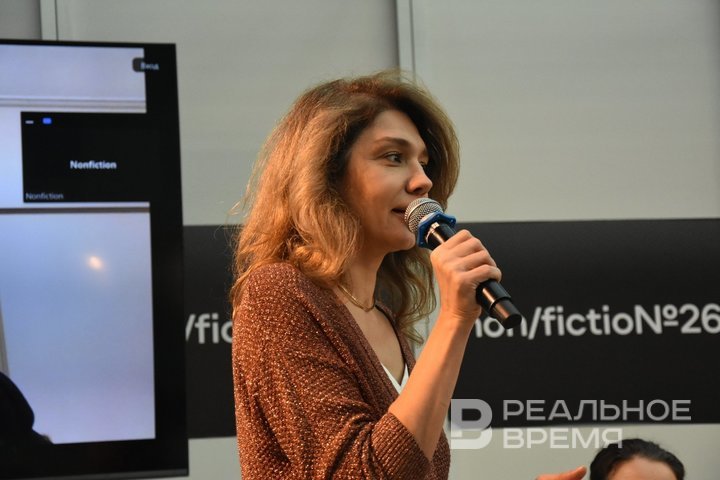
“This seems to be a historic moment," said Sonu Soini, a translator and curator of the Indian workshop. “After the Soviet Union, there have been no such attempts and such opportunities for translators. This is the first time they have come here again, worked, translated, edited the text.” Soini told how in October a competition was organized in Delhi to select participants from the School of Young Translators.
“We selected seven people who started working on the translation back in India. This was the first experience of this scale. From morning until late at night, they worked on the text, sometimes without even going home," he shared. By the way, there are only about fifteen translators left in India who work with Russian literature and translate it into Hindi.
From Peredelkino to Delhi: the journey of the collection “Moscow Soon”
Gulnara Agamova emphasised: “Our main task is to help and teach translators a beautiful literary language that will help convince their audience that a Russian book is worth reading.” In this context, working on Anna Shipilova's stories has become a real challenge. Her collection includes not only stories about Moscow, but also complex emotions and characters reflecting Russian reality. To convey these nuances, the translators had to immerse themselves in Russian culture, learning not only the language, but also the daily life of Muscovites.
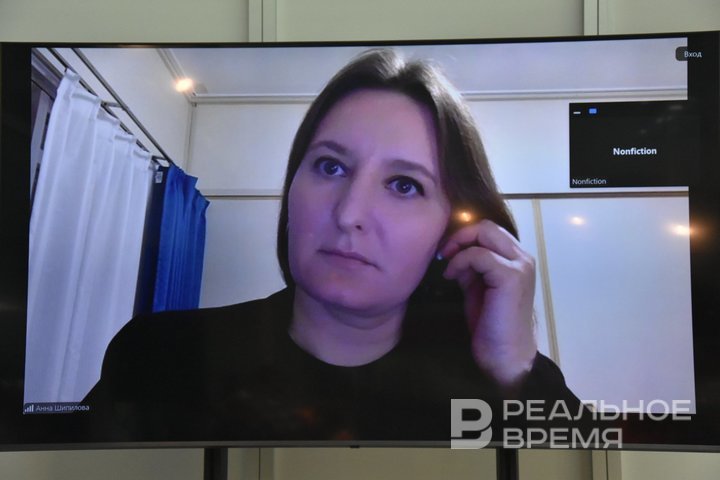
In 2025, the collection “Moscow Soon” will be released in India in a thousand copies. “After this book, we will translate more and more Russian literature, and it will find its readers in India," Agamova said. But the work won't end there. The organisers of the project plan to expand the geography and involve translators from different parts of India, where dozens of official languages and hundreds of dialects are spoken. “We hope that the next generation of translators will be able to work with Russian literature not only in Hindi, but also in other languages of India," said Soini.
Anna Shipilova started writing “Moscow Soon” in 2019. This collection became a way for her to talk about growing up — her own and the heroines close to her in spirit. Shipilova created portraits of women at different times, in different circumstances, framing their stories with the spirit of the late 90s and noughties.
“First of all, my characters were women, girls, girls who were growing up, just like me," Anna shared. A key stage in her work on the book was her trip to the Peredelkino House of Creativity. It was there, in the creative residence, that Anna was able to fully focus on writing in 2021.
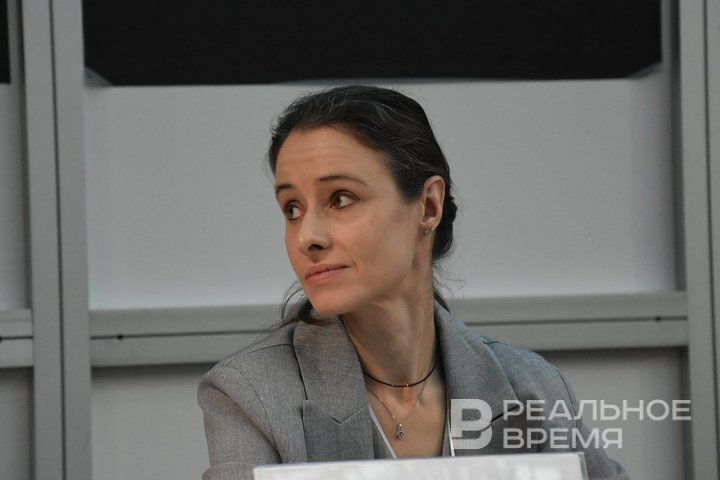
“When I found out about the possibility of applying to a residence, I thought it was a great chance to get out of the routine and devote time exclusively to work. At that time, I had only one and a half publications in electronic magazines, but Yulia Vronskaya and Boris Kupriyanov believed in me, chose me, and I spent a wonderful three weeks completely immersed in creativity," the author said.
However, Peredelkino's contribution was not limited to the residence period only. It was here, at the pitching, that Shipilova's collection was noticed by representatives of Alpina Proza publishing house. “We looked at this book back at the Lyceum Award stage, but then there was a selection of fewer short stories. Later, we saw the completed version at the pitching in Peredelkino. We also met Anna there and were sure that this book should be published here," said Tatiana Solovyova, the editor-in-chief of Alpina Proza publishing house.
According to Tatiana, the collaboration between the author and the editor turned out to be as productive as possible: “This is a project where everything worked out from the very beginning. There was no mutual tension. And despite the long-standing notion that short story collections don't sell, the success of the book proved otherwise.” At the last non-fiction fair, which took place in April 2024, Anna Shipilova's collection entered the top three best-selling books of the publishing house.
These strange Russians
Translators from India were inspired not only by a trip to Peredelkino, but also by the opportunity to translate modern Russian-language prose. With all the love for classical literature, she can no longer objectively reflect what modern Russia lives by. “Contemporary women's fiction — this theme has always been close to my heart. I like to read about women, about the status of women in different countries. When we translate texts from Russia, we find out the current situation of women there," said one of the translators.
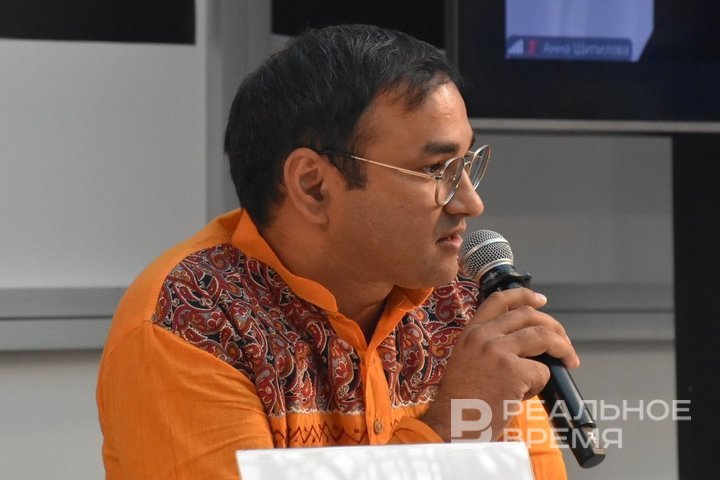
But it's more her experience as a reader. But during the translation of the collection, she encountered some difficulties. The solution was sought together: with Russian colleagues, with experts in India.
There were also difficulties with grades in the school system. The translator adds: “In India, we use a different rating system. It had to be adapted.” And there are many such examples. The translators said that sometimes they just didn't understand what it meant. Each problem was solved individually by studying the context and consulting with native speakers.
There are also no descriptions of sex scenes or anything related to sex in modern Indian literature. This is common practice. Therefore, some of the problems arose with the adaptation of such text.
The second taboo in Indian literature is swear words. As he explained, “such a phrase may offend the reader”. They had to find the most acceptable equivalent to Russian obscene words in Indian literature, which turned out to be far from the original intensity.
Ekaterina Petrova — a literary reviewer for Realnoe Vremya online newspaper, author of Poppy Seed Muffins Telegram channel, founder of the first online subscription book club Makulatura.